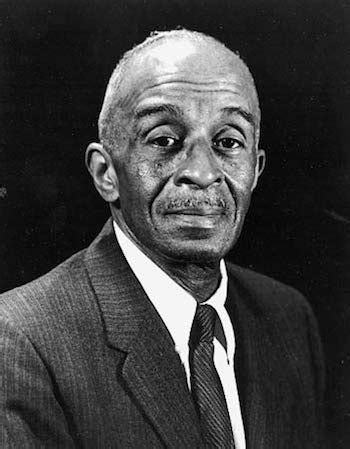A Quote by Karan Mahajan
American policies toward Asians reached a nadir in 1924, with the implementation of a law that sought 'to preserve the idea of American homogeneity' and denied admission to the country to most non-whites. Immigration from Asia was banned completely, with the establishment of an 'Asiatic Barred Zone.'
Related Quotes
There was also a national policy, which as a child I didn't know anything about. In 1924 the first major immigration law was passed. Before that, there was an Oriental Exclusion Act, but other than that, European immigrants like my parents were generally admitted in the early years of the twentieth century. But that ended in 1924 with an immigration law that was largely directed against Jews and Italians.
The idea of an isolated American painting , so popular in this country during the thirties, seems absurd to me, just as the idea of a purely American mathematics or physics would seem absurd... And in another sense, the problem doesn't exist at all; or, if it did, would solve itself: An American is an American and his painting would naturally be qualified by the fact, whether he wills or not. But the basic problems of contemporary painting are independent of any one country.
Why don't we hear more about and from Asians when it comes to race in America? Are Asians the new Invisible Man - there but not there? In some ways, yeah. Blacks and whites are always carping about the metrics of racism. And any conversation about immigration reform is immediately flipped into a referendum on Hispanics.
Today, we have come a distance. We have made a lot of progress. That cannot be denied. You cannot dispute the fact that our country is so different from 50 years ago. But we still have problems. There are too many people that have been left out and left behind, and they are African American, they are White, Latino, Asian American, and Native American.
Stephen Miller said, "Over time you would cut net migration in half, which polling shows is supported overwhelmingly by the American people in a very large number." This is why Donald Trump got elected. "It's a major promise to the American people to push for merit-based immigration reform that protects American workers, American taxpayers - protects the American economy - and prioritizes the needs of our citizens, our residents, and our workers. It's pro-America immigration", he said.
And they are much more skeptical of the very idea of having immigration limits, whereas the public - again, independents and Democrats, as well as Republicans, although not necessarily all in the same proportions - have a much stronger sense of the American government and American law having responsibility to Americans specifically rather than to people around the world. So the polarization is up versus down, not really right versus left.






































